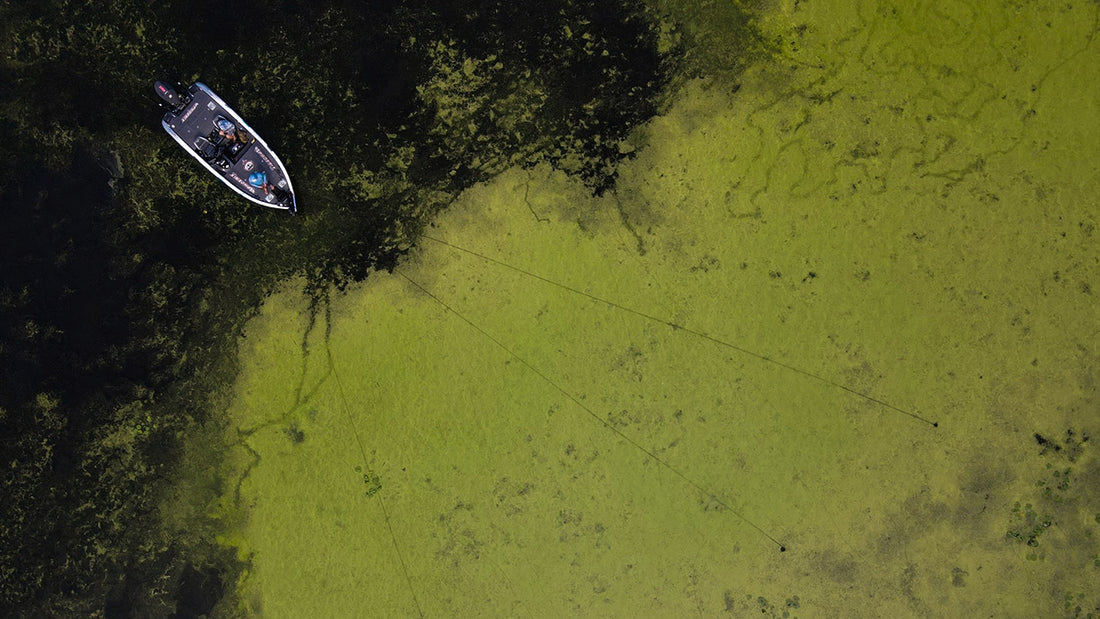
Select Wildlife Refuges Open to Hunting and Fishing
August 31, 2021
Public access to fishing and hunting has become more limited throughout the years. As a company committed to the conservation of our resources, we understand certain legislation to protect biodiverse areas. With the Department of the Interior’s announcement to expand existing hunting and fishing opportunities on 2.1 million acres of public land across 88 national wildlife refuges, we are optimistic. This legislation, along with several others in line with President Biden’s “America the Beautiful” initiative, will hopefully bring back an era where sportsmen and women will have access to national resources and opportunities to contribute valuable input in governmental decisions regarding these places.
Cautiously optimistic, we waited to see evidence that Biden’s “America the Beautiful” and the 30 X 30 initiative could create new opportunities for sportsmen and women alike. The opening of these wildlife refuges is a great example of how things could play out. There are key differences between the conservation and preservation movements. Conservation allows room for responsible recreation to take place, whereas preservation limits all access. As outdoorsmen and women, stewardship of our resources is critical. Arguably, we care about conservation of these wild places the most as our passion for the outdoors depends on the longevity of these resources. We are confident responsible recreation will continue to produce a legacy of conservation-minded outdoorspeople who will promote conservation of these spaces rather than simply preservation.
While we’re looking forward to the unfolding of these opportunities, it is our job as outdoorsmen and women to conserve and protect these resources. A few things we can keep in mind to help are packing in what you pack out, not littering, adhering to catch limits, and not extracting animals or artifacts where prohibited. This is a significant opportunity to demonstrate how efficient responsible recreation is in conserving our national resources so long as new regulations are realistic and based on scientific evidence.






